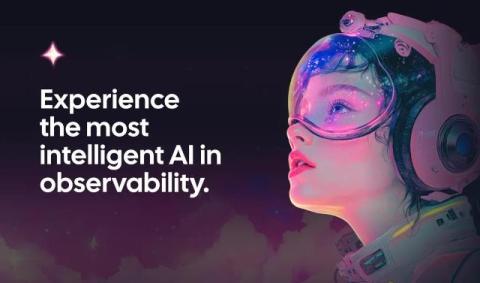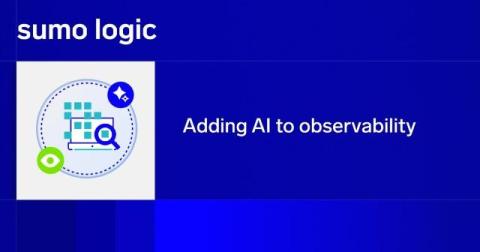Pioneering the Future of Observability with AI
In September, Lumigo announced we were exploring how AI can help shape the next generation of observability. Since then, we’ve unveiled the beta of Lumigo Copilot, which we believe will be the most intelligent AI in observability. Today, we’re providing an update on our progress and inviting our customers to participate in the beta.











